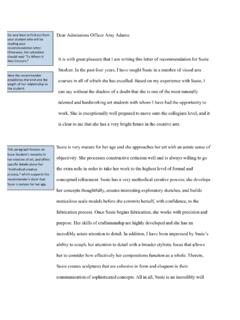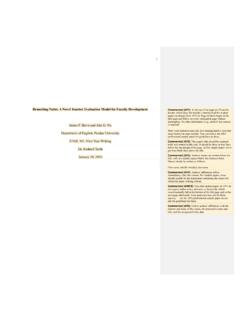Transcription of Plagiarism - owl.purdue.edu
1 Plagiarism OWL One Page Overview What is Plagiarism ? Plagiarism is using someone else's ideas and words without giving them proper credit. Plagiarism can be intentional: Plagiarism can be unintentional: Copying an entire post or article Not understanding the citation system and missing key elements Hiring someone to write your paper of source attribution Copying a large section of text without citing it Not understanding paraphrasing fully and accidently directly Claiming ideas as your own when they are not quoting words or phrases Repurposing your own paper for another class without instructor Misattributing a quote or idea to wrong source permission Not verifying the citations provided by a digital resource When should I cite to avoid plagiarizing?
2 What could I happen if I plagiarize? Always give credit where it is due. If you have any questions Every classroom will have its own list of procedures. You regarding whether someone else should have credit, ask your should reference the syllabus for more information. teacher or check out the Purdue OWL's Should I Cite This? poster. If you plagiarize your instructor may You should credit: Set a meeting with you and use it as a learning Words or ideas in any medium including, books, newspapers, opportunity. songs, websites, TV programs, movies, letters, advertisements. Begin disciplinary proceedings. Information through interviewing or conversing in any form. Automatically fail your paper. When you copy exact words or unique phrases. Automatically fail you in the class.
3 When you use someone else's visual aids including diagrams, Create a note in your Official Transcript, needed to charts, illustrations, and pictures. apply to jobs and colleges. When you reuse digital media including audio and videos. Give you detention, suspension, or expulsion. You do not need to credit: Some of these consequences may seem extreme, but it is Your own lived experiences. a crime and ethical dilemma. Remember you are in Your own results from labs or experiments. school to learn and produce original work. You are doing Your own artwork and media such as images, video, and audio. yourself a disservice by plagiarizing. Common knowledge such as folklore, common sense observations, myths, urban legends, and historical events. If you find yourself running out of time for a project, one of Generally accepted facts.
4 The main reasons students may plagiarize, it is always A work or author mentioned in passing. better to communicate with your teacher. Your teacher A quick allusion to a cultural touchstone. wants you to succeed, but they cannot help you unless you An epigraph. let them know you need more resources or time. How can I avoid being accused of Plagiarism ? As you research, take note of every source you use as you go. Have a running reference page that you add to as you work. You can also number these and write numbers next to your notes, so you know which reference corresponds to that information for in-text citations. Keep notes and previous drafts of papers in case someone else steals your paper. Do not save your paper in the same file, but instead use a numbering system and the Save As function.
5 If you are using online files, save them as multiple versions. Password protect your computer whenever you leave your paper unattended, even for short periods of time. Password protect your files.
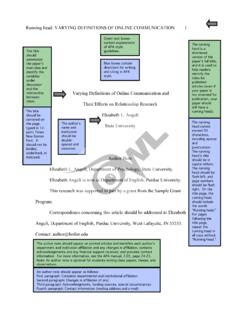

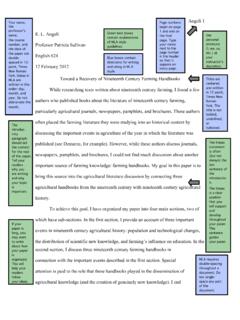
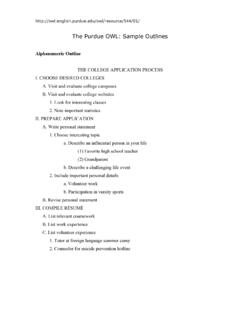
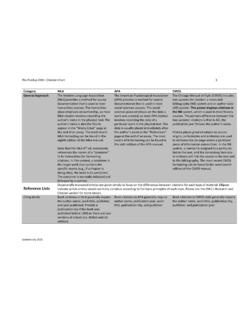
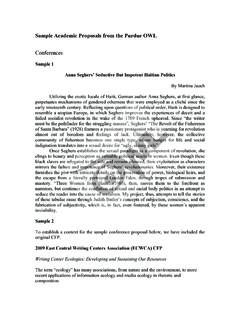
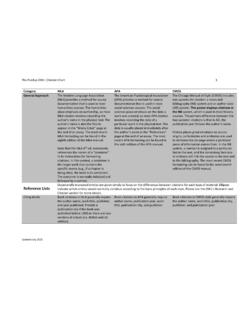
![A NOVEL TEACHER EVALUATION MODEL 1 Commented [AF1]](/cache/preview/e/4/4/2/1/3/c/f/thumb-e44213cf73a7f1d5edae6ca83d79c07d.jpg)
